Neutral by nature
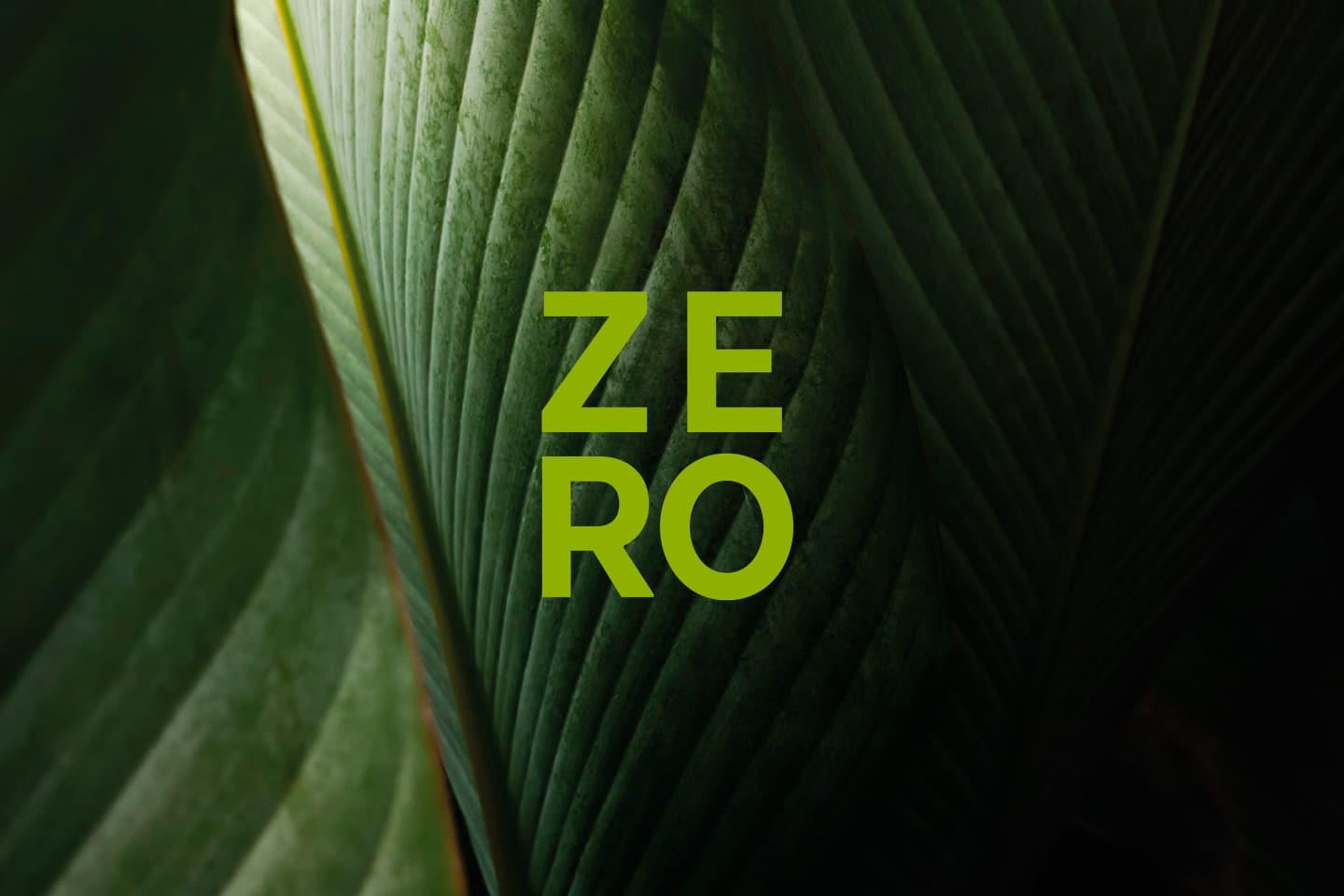
Reducing our carbon emissions by 30% by 2030
Committed to sustainability, innovation and leadership, we have reduced our carbon emissions by 10% since 2021. We’ve made big changes across flights, actively carbon offsetting whenever we fly. In our Melbourne and Sydney offices we have converted entirely to green power, which has significantly less carbon emissions. Our aim is to reduce our carbon emissions by 30% by 2030. We are working with clients to help create carbon neutral communities that benefit their customers, future generations and our environment.
Continuing Climate Active certification
For two years now, we’ve been Climate Active certified. Our 2021 and 2022 Climate Active certifications are a proud acknowledgement that we’re reducing our negative impact on the environment, while supporting communities and biodiversity impacted by climate change. We have just completed our 2023 submission. We are using more carbon neutral and Climate Active suppliers. We are educating our customers on products and services that have the lowest carbon emissions. Finally, we’ll continue to encourage and incentivise our staff in emissions reduction practices at work and home.

 Download Climate Active public disclosure PDF
Download Climate Active public disclosure PDF
Download Climate Active public disclosure PDF
Download Climate Active public disclosure PDF
To offset any remaining emissions, we’re purchasing carbon credits from both local and global organisations.
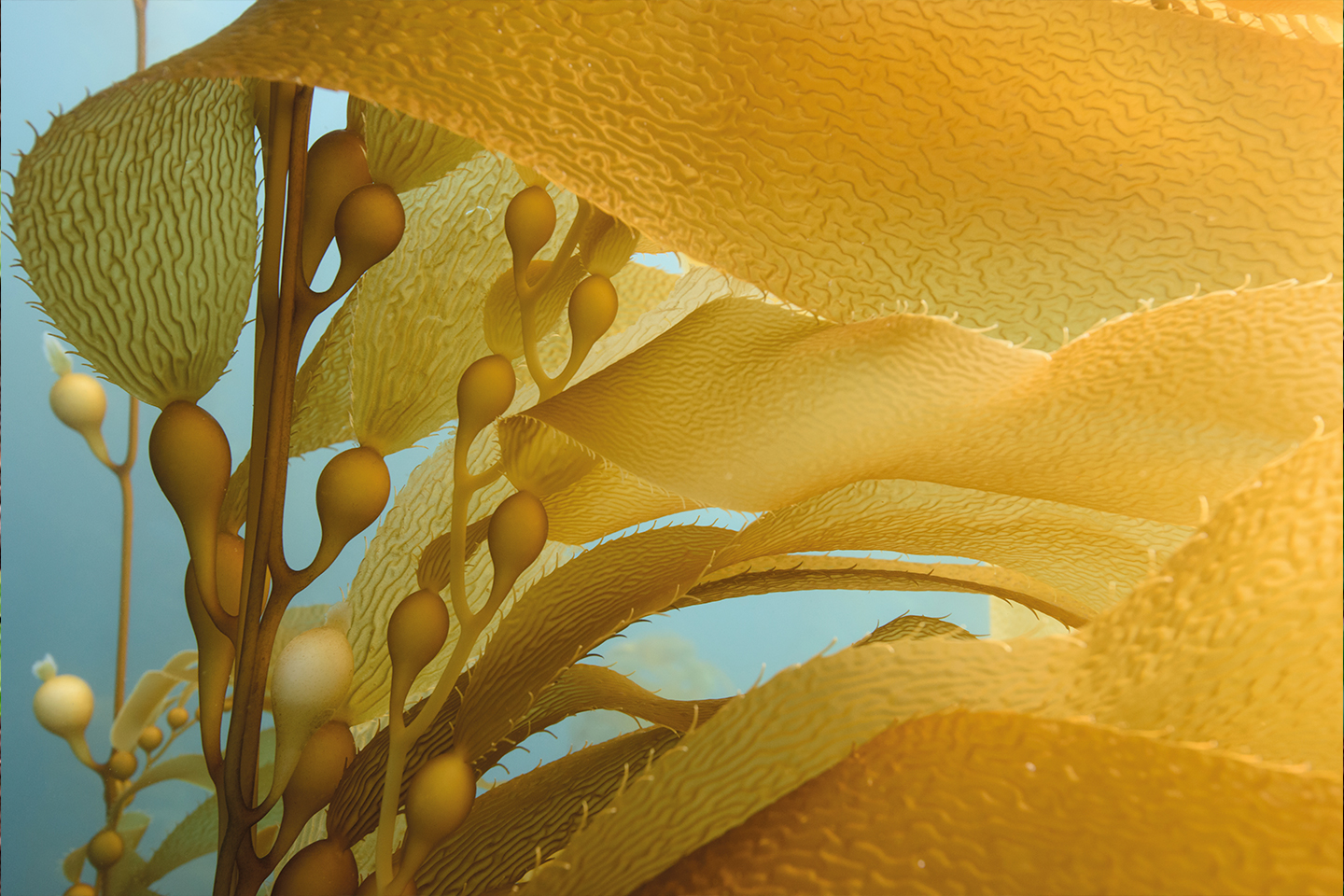
Restoring lost kelp forests
Organisation: Canopy Blue + The University of Western Australia
Mission: Restore over 100,000 hectares of lost kelp forest
Kelp forests provide ecosystem services, similar to those provided by coral reefs and tropical forests. Creating underwater habitats that support high biodiversity, kelp supply a physical structure for juvenile fish nurseries. Key species in a kelp forest include crayfish, octopus, reef fish and in many places, otters, dolphins, whales, seals and sea lions. Australia’s kelp forests form the Great Southern Reef which is a global biodiversity hotspot – many species are found nowhere else in the world! Kelp are fast growing organisms that absorb inorganic carbon from water and convert it into plant tissue.
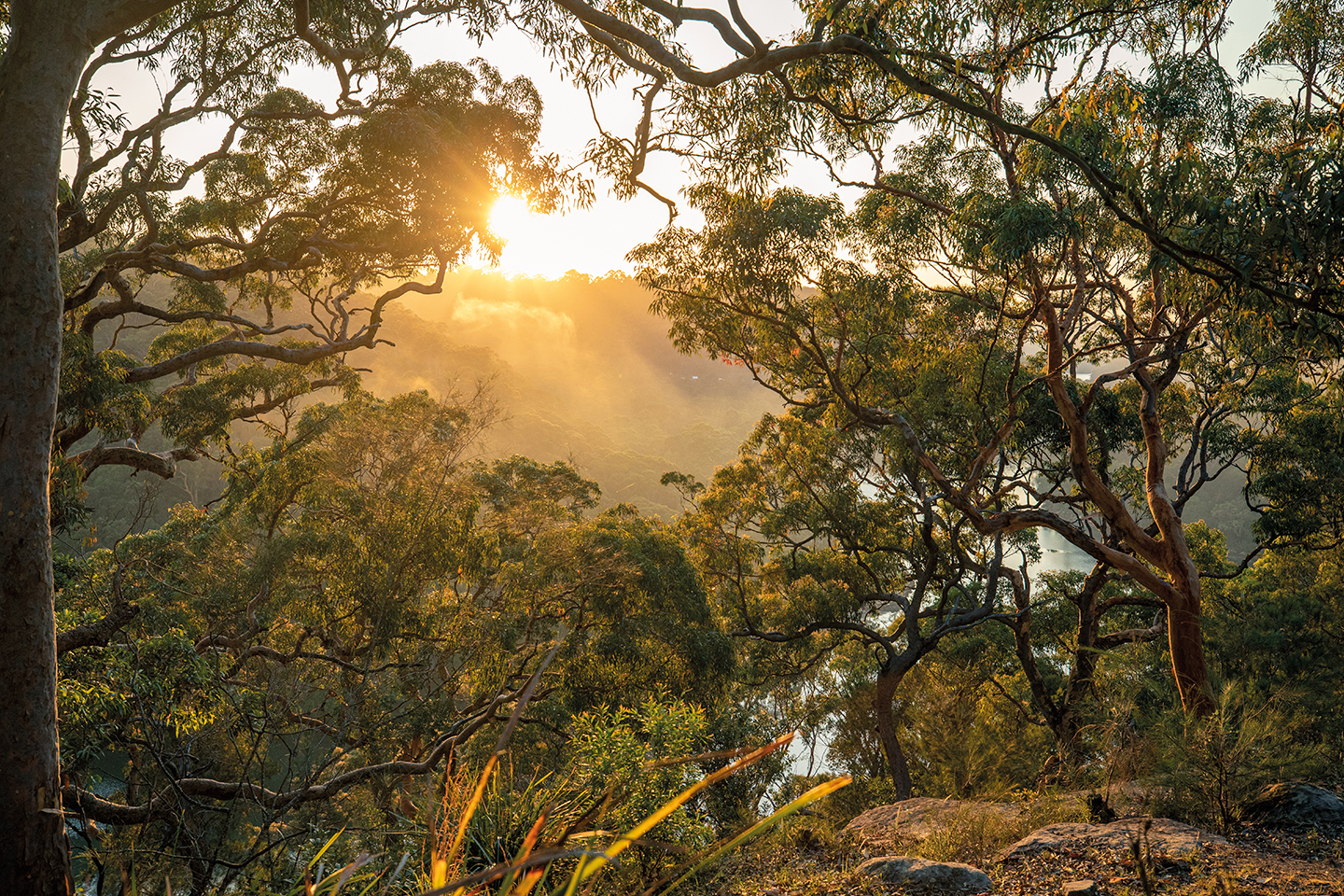
Growing forests and climate hope
Organisation: Greenfleet
Mission: Planting bio-diverse native forests in Australia and NZ
Greenfleet is a 25 year old not-for-profit organisation and Australia’s first carbon offset provider. It plants native biodiverse forests to restore critical ecosystems and capture carbon emissions. The forests it supports absorb carbon from the atmosphere, improve soil and water quality and provide vital habitats for wildlife. By planting 100-year protected native forests, Greenfleet is ensuring that carbon emissions are captured in a long-term sustainable way. Through partnerships with local communities and Traditional Owners, Greenfleet’s projects provide benefits for the country and communities in which we live and work.
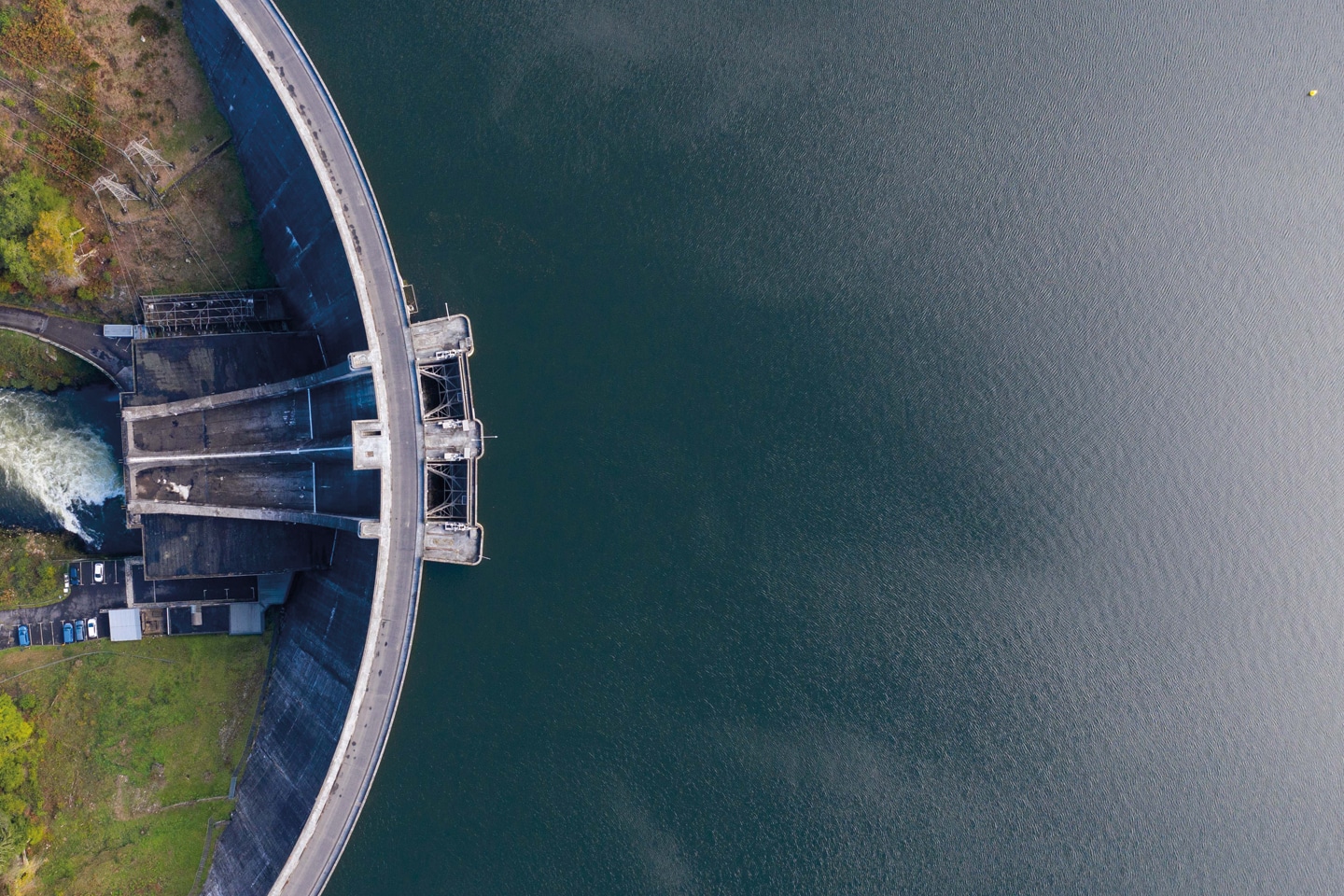
Harnessing the power of water
Organisation: Verra
Mission: Providing clean energy through hydropower in Turkiye
The Acocak Hydroelectric Project is located on the Karadere River in the East Black sea region of Turkiye. The power of water is used to generate electricity; this energy is then transferred to the State Grid System. Hydro energy is a renewable, clean fuel source that produces few greenhouse gas emissions. The median GHG emission intensity of hydro energy is 20x less compared to gas. Hydropower also provides flood control, irrigation and water supply. The project has generated employment for locals while improving quality of life. The project also includes two weirs.
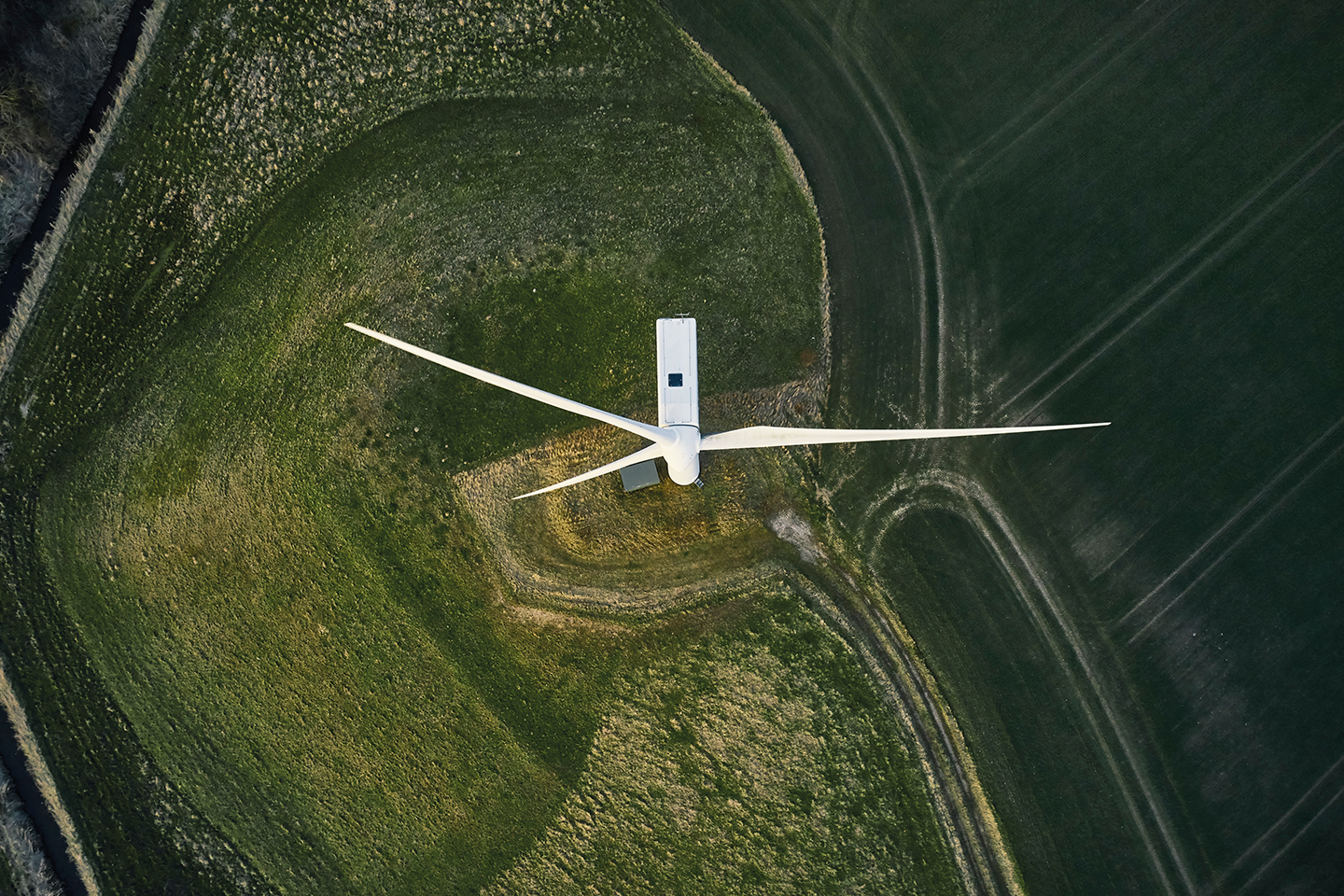
Powered by the wind
Organisation: Verra
Mission: Produce renewable electricity using wind as the power source
Wind power is one of the most commonly used environmentally friendly technologies in the global energy sector. The main purpose of the project, in Gujarat, India, is to generate electrical energy through sustainable renewable energy means using wind power. It will feed the generated output to the local grid in Gujarat and contribute to climate change mitigation efforts. Apart from generation of renewable energy based electricity, the project enhances the propagation of commercialisation of wind power generation in the region and contributes to the sustainable development of the region, socially, environmentally and economically.
Let's support climate action together


